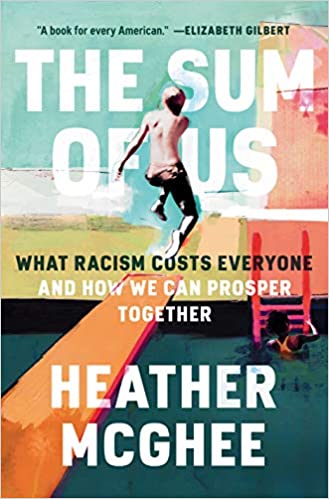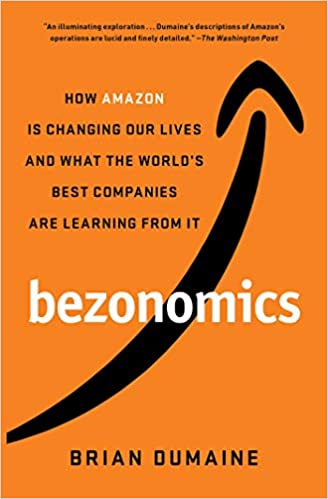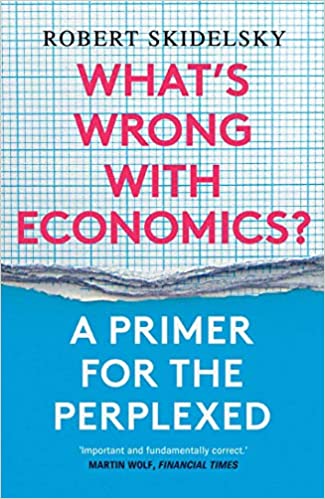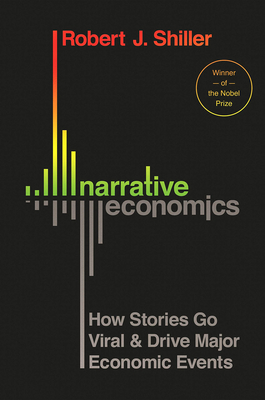The Sum of Us: What Racism Costs Everyone and How We Can Prosper Together, Heather McGhee
A brilliant analysis of how we arrived here: divided and self-destructing, materially rich but spiritually starved and vastly unequal. McGhee marshals economic and sociological research to paint an irrefutable story of racism’s costs, but at the heart of the book are the humble stories of people yearning to be part of a better America, including white supremacy’s collateral victims: white people themselves.
Unbound: How Inequality Constricts Our Economy and What We Can Do About It, Heather Boushey
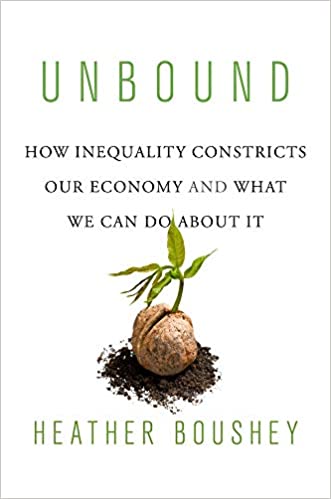
Presenting cutting-edge economics with verve, Heather Boushey shows how rising inequality is a drain on talent, ideas, and innovation, leading to a concentration of capital and a damaging under-investment in schools, infrastructure, and other public goods. We know inequality is fueling social unrest. Boushey shows persuasively that it is also a serious drag on growth.
Bezonomics: How Amazon is Changing Our Lives and What the World’s Best Companies Are Learning From It, Brian Dumaine
Based on unprecedented behind-the-scenes reporting from 150 sources inside and outside of Amazon, Bezonomics unveils the underlying principles Jeff Bezos uses to achieve his dominance—customer obsession, extreme innovation, and long-term management, all supported by artificial intelligence—and shows how these are being borrowed and replicated by companies across the United States, in China, and elsewhere.
What’s Wrong with Economics: A Primer for the Perplexed, Robert Skidelsky
Skidelsky’s clearly written and compelling critique takes aim at the way that economics is taught in today’s universities, where a focus on modelling leaves students ill-equipped to grapple with what is important and true about human life. He argues for a return to the ideal set out by John Maynard Keynes that the economist must be a “mathematician, historian, statesman, [and] philosopher” in equal measure.
Narrative Economics: How Stories go Viral and Drive Major Economic Events, Robert Shiller
Using a rich array of examples and data, Shiller argues that studying popular stories that influence individual and collective economic behavior―what he calls “narrative economics”―may vastly improve our ability to predict, prepare for, and lessen the damage of financial crises and other major economic events.

